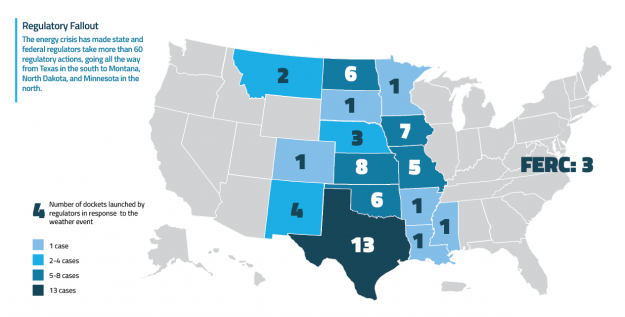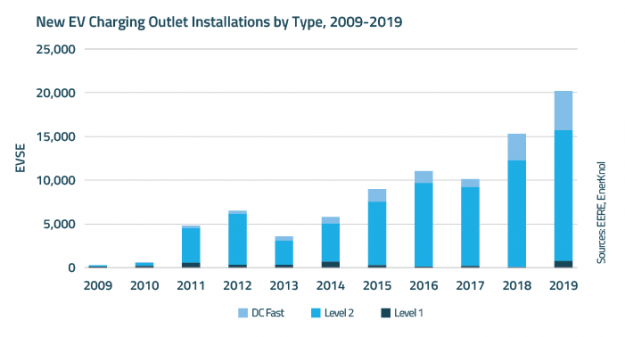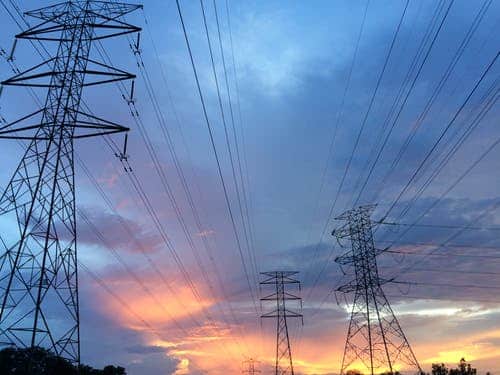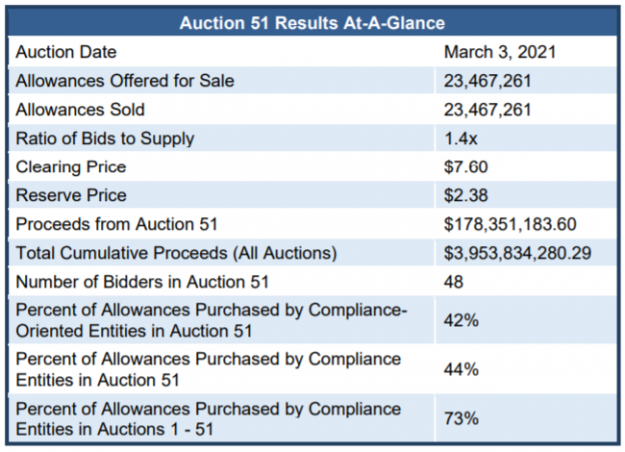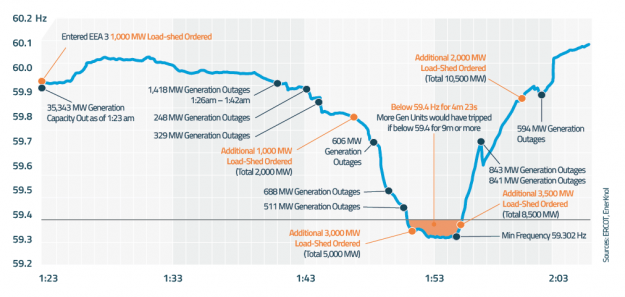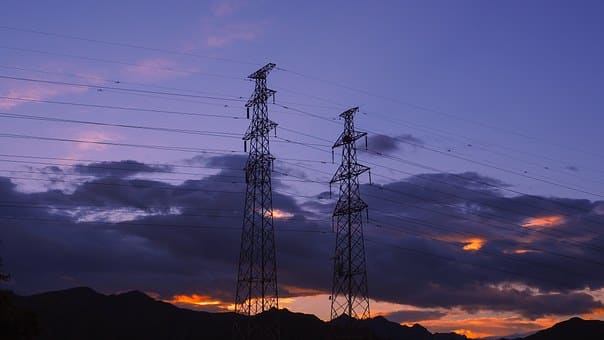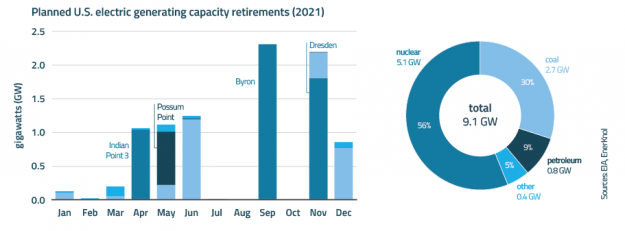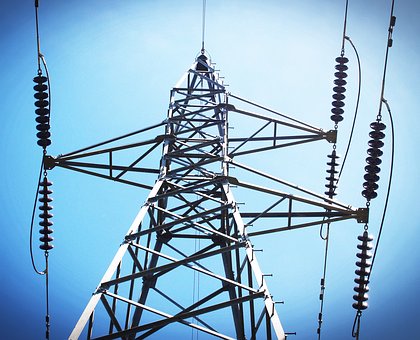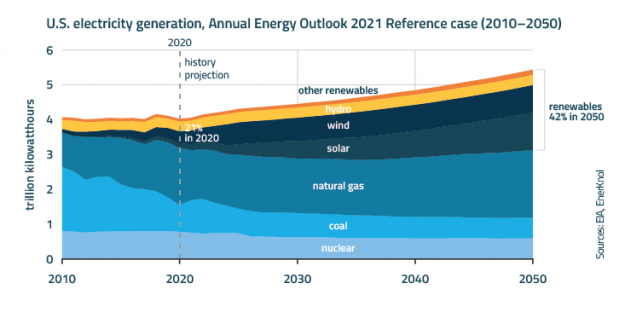Visual Primer: Fallout From Winter Storm Uri Elicits Regulatory Actions Across U.S. States
The fallout from severe arctic weather during February has prompted regulators from Texas to Montana to examine utility infrastructure, preparedness and response, and impacts to customers. Texas, which experienced the worst power outages resulting from Winter Storm Uri, has issued multiple orders and initiated investigations to address the impacts of the grid event. Following announcements of an inquiry into the grid event and the possibility of market violations, the Federal Energy Regulatory Commission (FERC) is now set to examine the impacts of climate change and extreme weather events on electric system reliability. Regulators across several U.S. states are investigating the after-effects of the storm to mitigate bill impacts to customers while exploring cost-recovery for utilities which faced extraordinary expenses as natural gas prices soared to unprecedented levels.
